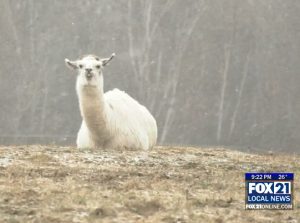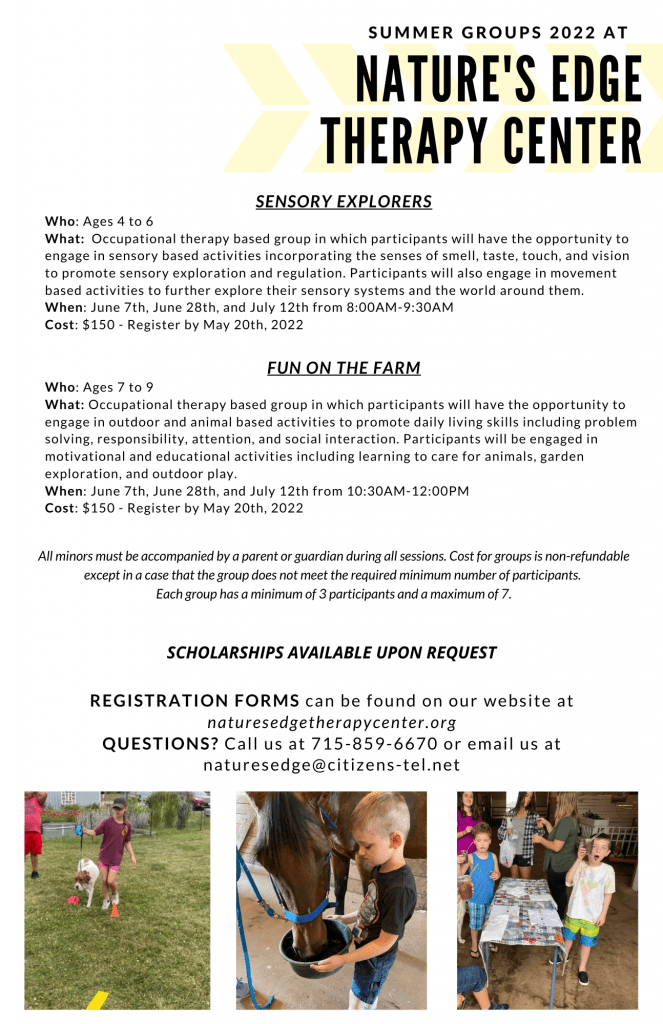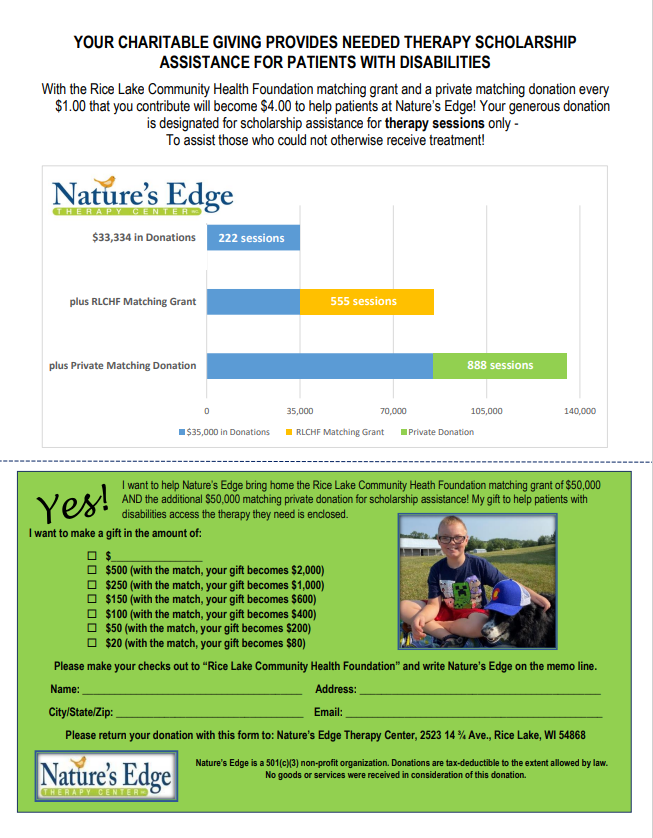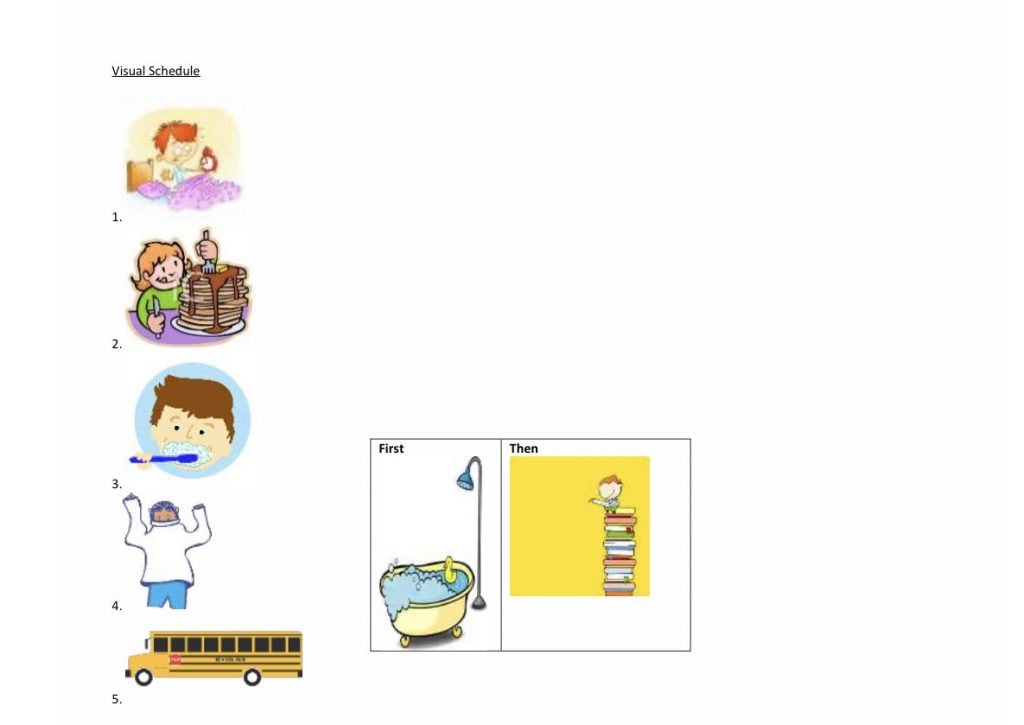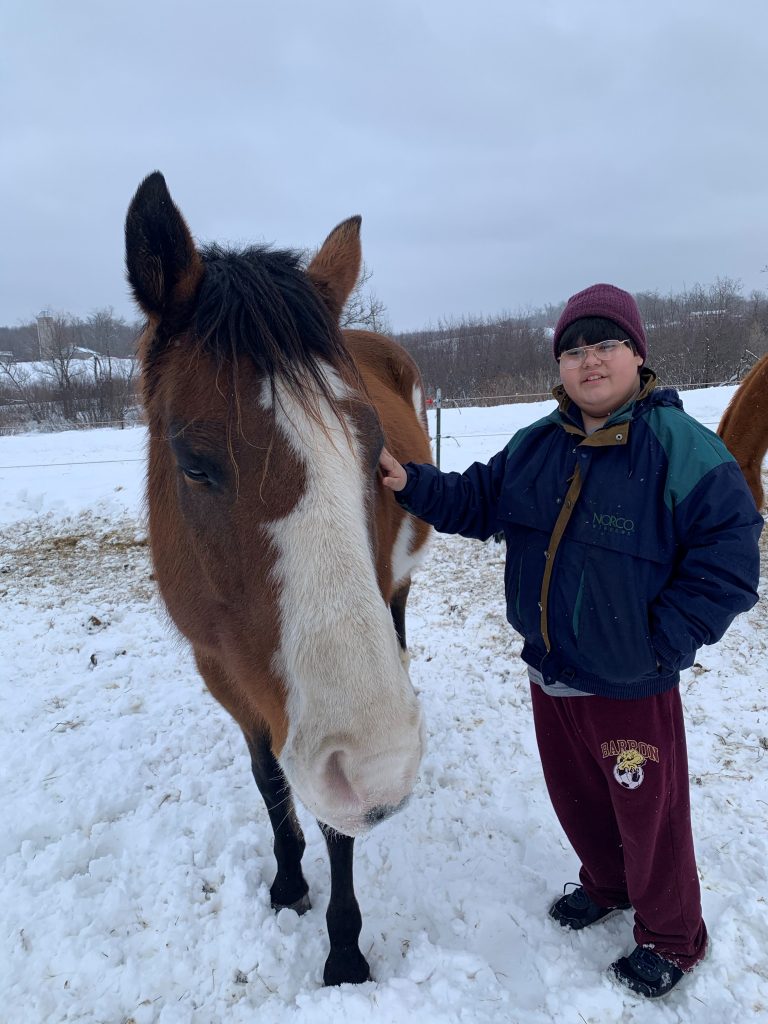The first official day of Summer is June 20 when the summer solstice occurs, but it is already starting to warm up and feel like summer. Nature’s Edge is currently planning to hold summer groups with special considerations in light of COVID-19 to ensure the safety of our participants and staff. We are following CDC guidelines including sticking to small groups, screening for symptoms, frequent hand washing, wearing face shields, and distancing between participants. We have extended previous registration deadlines.
“Meet Me at the Reading Tree”: Struggling readers will participate in outdoor activities around the ranch including visits to the reading tree focused on hearing, decoding words, recognizing sight words, understanding word and text meanings, and reading with expression.
- Ages:5-9
- Cost/dates: $225 for 6 sessions on June 23,26,29, and July1,2,6
- Time: 10-11:30
Active Outdoor Adventurers: Participants will engage in outdoor activities while learning about social skills including taking turns, group collaboration, and following directions.
- Ages: 3-7
- Cost/dates: $150 for 4 sessions on June 23, 26, 30, and July 3
- Time: 8:00-9:00 am
‘Improving our Independence’: Participants will engage in activities designed to promote independence with age related changes including adaptive equipment education for bathing/dressing, energy conservation, kitchen/community mobility, strength and endurance, and fall prevention.
- Ages: Adults 50 and older
- Cost/dates: $150 for 4 sessions on June 25, July 2, 9, and 16
- Time: 8:30-10:00 am
‘Stable’ Life Skills: Offered as two groups based on various age ranges, participants will learn various life skills activities.
Group 1: Participants will engage in ranch and nature based activities with emphasis on time management, goal planning, social participation, pre-vocational and vocational skills
- Ages: 13-17 years
- Cost/dates $225 for 6 sessions on June 23, 26,30, July 2,7, and 10
- Time: 10:00 – 11:30 a.m.
Group 2: Participants who are able to complete some daily life routines and are looking to transition to group or independent living settings will learn life skills including time management, money management, goal setting, social participation, cooking, and household management.
- Ages: 18-30 years
- Cost/dates: $225 for 6 sessions on July 28,31, and August 4,7,11, and 14
- Time: 10:00 – 11:30 a.m.
‘Learning Social Skills on the Ranch’: Offered as two groups based on various age ranges, participants will learn various social skills and activities. Program activities use nature and ranch animals to focus on social skills including eye contact, greetings, making requests, turn taking in conversation, expressing feelings and paying attention to nonverbal communication.
Group 1
- Ages: 13-18 years
- Cost/dates: $150 for 4 sessions on Jul 21,23,28, and 30
- Time: 10-11:30 am
Group 2:
- Ages: 7-12 years.
- Cost/dates: $150 for 4 sessions on August 4,6,11, and 13
- Time: 10:00 – 11:30 a.m.
‘Fun with Picky Eaters’: Participants who demonstrate difficulty with various food textures and tastes will interact with new foods and peers. Ranch animals will provide fun motivation.
- Ages: 2-5
- Cost/dates: $150 for five sessions on August 3, 4,5,10, and 11
- Time: 8:00-9:00


